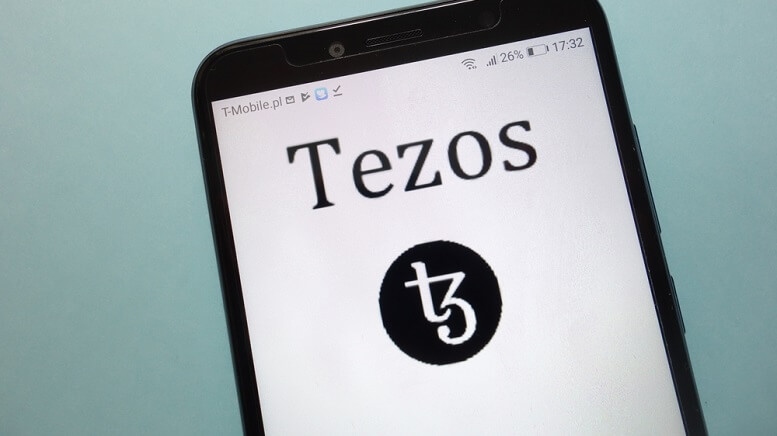This post was originally published on this site

Bitcoin, the world’s largest cryptocurrency, recently surged past $63,000, marking a significant milestone in its volatile journey. This rally coincides with the Federal Reserve’s announcement of an interest rate cut, aimed at stimulating the economy during uncertain times.
The cryptocurrency market has been highly reactive to macroeconomic policies, and this latest move by the Fed has further fueled speculation and investment in Bitcoin. The interest rate cut is intended to make borrowing cheaper, thereby encouraging spending and investment. However, it also raises concerns about inflation and the weakening of the U.S. dollar.
The surge in Bitcoin’s price can be attributed to a combination of factors, including increased institutional adoption and growing interest from retail investors. Companies like Tesla (NASDAQ:TSLA) have added Bitcoin to their balance sheets, while payment platforms such as PayPal (NASDAQ:PYPL) have started allowing transactions in cryptocurrencies.
Moreover, the diminishing returns from traditional savings accounts have driven investors to seek alternative stores of value. Bitcoin, often dubbed ‘digital gold,’ has emerged as a popular choice, particularly among younger investors who are more tech-savvy and open to new financial instruments.
Despite its recent gains, Bitcoin remains a highly volatile asset. The cryptocurrency market is infamous for its dramatic price swings, which can be triggered by various factors, including regulatory news, technological advancements, and market sentiment. Investors are advised to exercise caution and conduct thorough research before diving into this nascent market.
Another factor contributing to Bitcoin’s rise is the increasing interest in decentralized finance (DeFi) platforms. These platforms offer financial services such as lending and borrowing without traditional intermediaries, making them highly attractive in an era of increasing distrust in centralized financial institutions.
The global economic landscape also plays a crucial role in Bitcoin’s price movements. As countries grapple with the economic fallout of the COVID-19 pandemic, many are turning to fiscal and monetary policies that could potentially devalue their currencies. In such a scenario, Bitcoin presents itself as a hedge against currency devaluation and economic instability.
Looking ahead, the future of Bitcoin and other cryptocurrencies remains uncertain but promising. Regulatory scrutiny is expected to increase as governments and financial institutions seek to understand and control this rapidly evolving industry. However, the underlying blockchain technology continues to gain traction, with potential applications extending far beyond digital currencies.
In conclusion, Bitcoin’s recent surge past $63,000 is a testament to its growing acceptance and potential as a financial asset. While the road ahead may be fraught with challenges, the resilience and innovative spirit of the cryptocurrency community suggest that Bitcoin is here to stay.
Footnotes:
Featured Image: depositphotos @ piter2121
